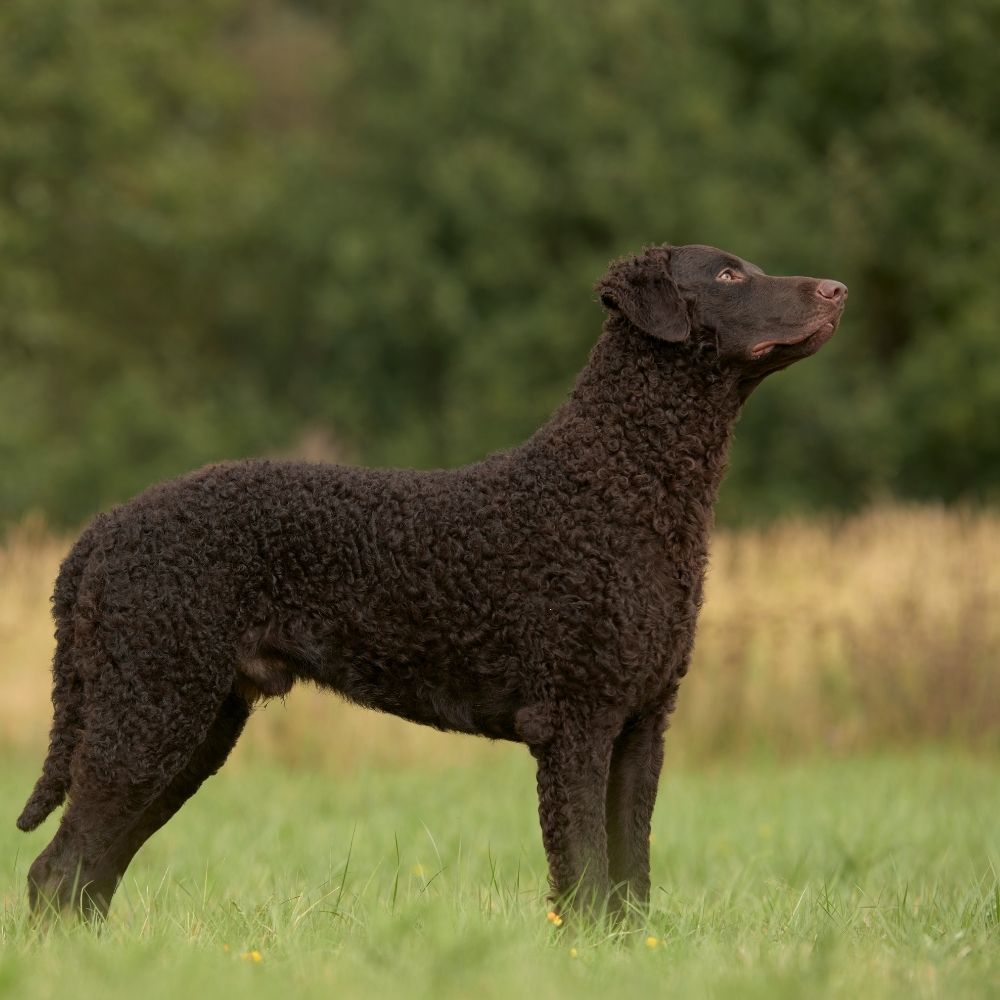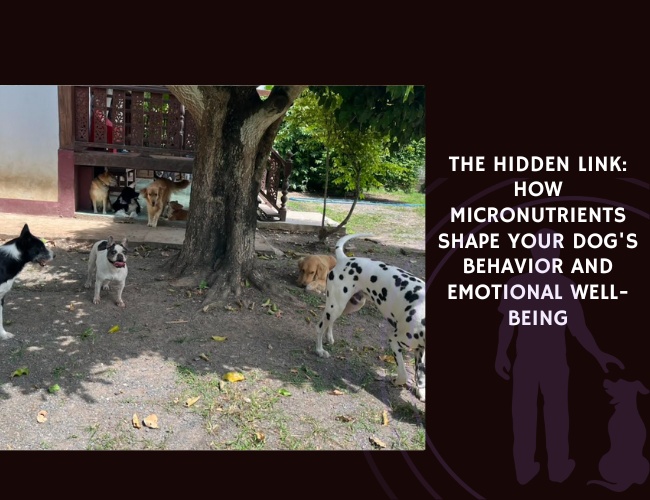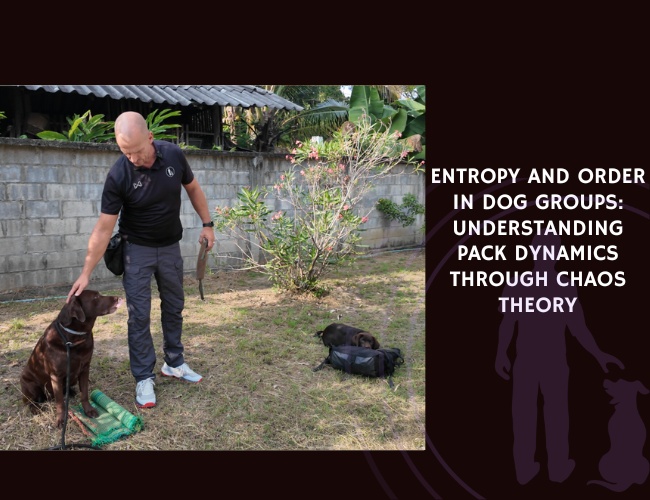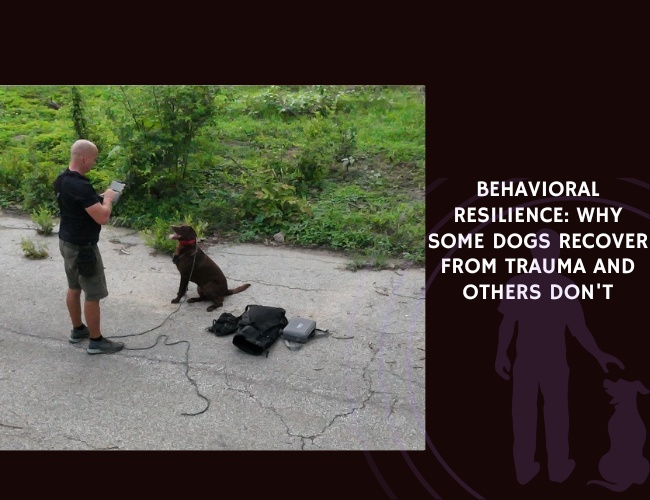Quick Facts about the Curly-Coated Retriever
- Origin: United Kingdom
- Weight: Males: 32–41 kg, Females: 23–32 kg
- Life expectancy: 10–12 years
- Coat Colour: Black or liver (solid)
- Breed Group: Sporting
Known for its distinct coat of tight curls and poised elegance, the Curly-Coated Retriever stands as one of the oldest retriever breeds. Both graceful and powerful, this breed combines hunting heritage with family-friendly charm.
Curly-Coated Retriever History
Developed in England in the 18th century, the Curly-Coated Retriever was bred to retrieve game from both land and water. Its ancestry likely includes the now-extinct English Water Spaniel, the Irish Water Spaniel, and possibly early Poodles and Setters.
The Curly became a popular gamekeeper’s dog due to its intelligence, endurance, and weather-resistant coat. Though overshadowed today by the Labrador and Golden Retriever, it remains a favourite among those who appreciate its versatility and unique appearance.

Curly-Coated Retriever Temperament
Independent, confident, and gentle with its family, the Curly-Coated Retriever is less overtly needy than other retrievers. It is thoughtful in nature—often slow to warm up to strangers, but intensely loyal once bonded.
This breed enjoys work and responds best to calm, consistent training with positive reinforcement.
Note: Their independent streak may come across as aloofness, but it reflects a deep inner focus rather than stubbornness.
Health and wellness
Generally robust and athletic, the Curly-Coated Retriever benefits from a lifestyle that supports its active body and sharp mind. However, due to a relatively small gene pool, certain inherited conditions may appear. Regular health screening and maintaining a lean body weight are key to longevity.
The curly coat should be kept clean but requires minimal grooming—occasional trimming and brushing to remove dead hair suffice.
Significant problems:
Hip dysplasia
Elbow dysplasia
Gastric torsion (bloat)
Cancer (notably lymphoma and hemangiosarcoma)
Eye disorders (cataracts, entropion)
Life expectancy: 10–12 years
🔍 Looking to go deeper into dog training?
Use these categories to explore targeted guides and articles on canine behavior, nutrition, obedience, entertainment, and more.









